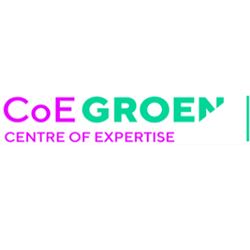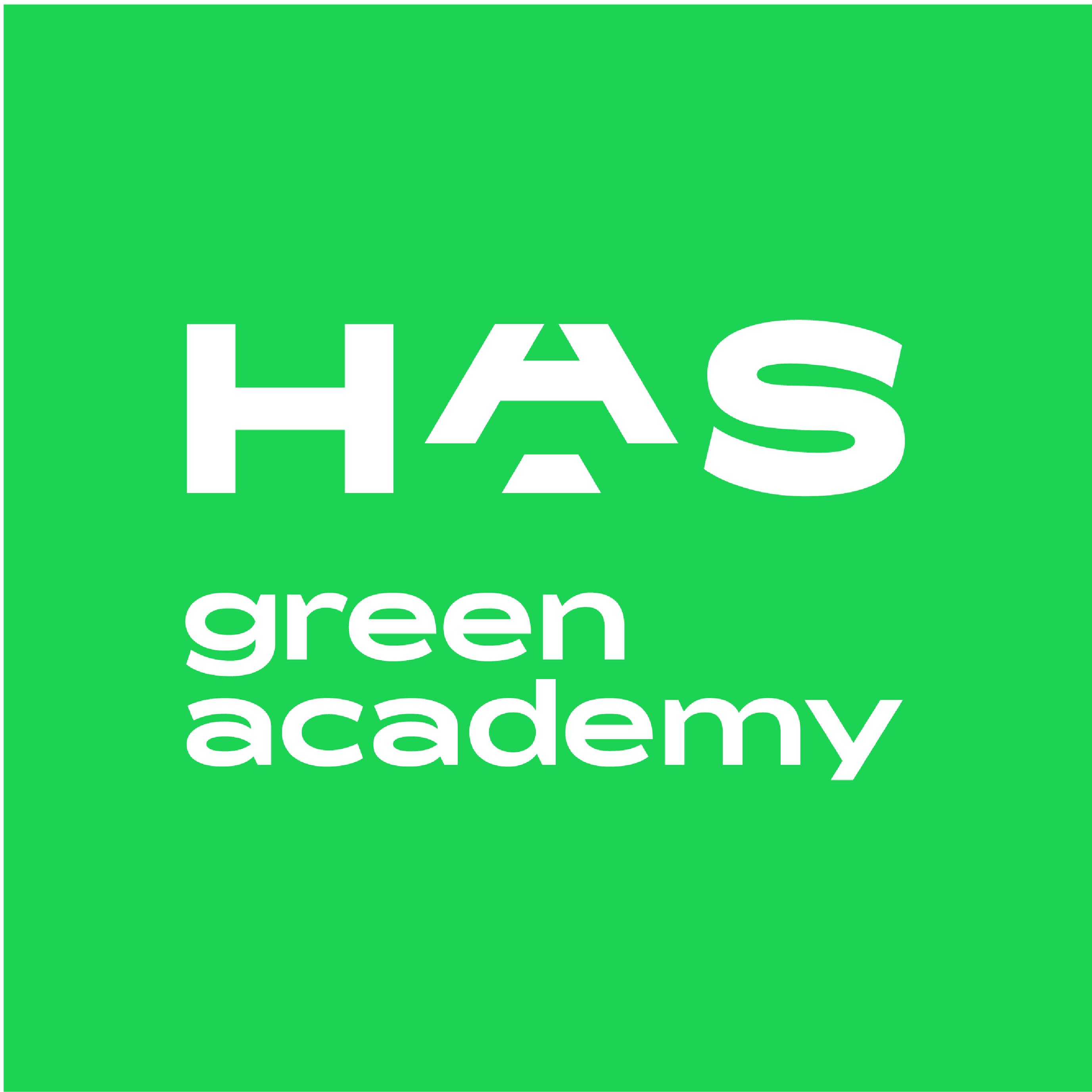DOCUMENT
BACKGROUND: General Practitioners (GPs) play a key role in the healthcare trajectory of patients. If the patient experiences problems that are typically non-life-threatening, such as the symptoms of post-intensive-care syndrome, the GP will be the first healthcare professional they consult. The primary aim of this study is to gain insight in the frequency of GP consultations during the year before hospital admission and the year after discharge for ICU survivors and a matched control group from the general population. The secondary aim of this study is to gain insight into differences between subgroups of the ICU population with respect to the frequency of GP consultations.METHODS: We conducted a retrospective cohort study, combining a national health insurance claims database and a national quality registry for ICUs. Clinical data of patients admitted to an ICU in 2013 were enriched with claims data from the years 2012, 2013 and 2014. Poisson regression was used to assess the differences in frequency of GP consultations between the ICU population and the control group.RESULTS: ICU patients have more consultations with GPs during the year before and after admission than individuals in the control group. In the last four weeks before admission, ICU patients have 3.58 (CI 3.37; 3.80) times more GP consultations than the control group, and during the first four weeks after discharge they have 4.98 (CI 4.74; 5.23) times more GP consultations. In the year after hospital discharge ICU survivors have an increased GP consultation rate compared to the year before their hospital admission.CONCLUSIONS: Close to hospital admission and shortly after hospital discharge, the frequency of GP consultations substantially increases in the population of ICU survivors. Even a year after hospital discharge, ICU survivors have increased GP consultation rates. Therefore, GPs should be well informed about the problems ICU patients suffer after discharge, in order to provide suitable follow-up care.
DOCUMENT

Energy transition is key to achieving a sustainable future. In this transition, an often neglected pillar is raising awareness and educating youth on the benefits, complexities, and urgency of renewable energy supply and energy efficiency. The Master Energy for Society, and particularly the course “Society in Transition”, aims at providing a first overview on the urgency and complexities of the energy transition. However, educating on the energy transition brings challenges: it is a complex topic to understand for students, especially when they have diverse backgrounds. In the last years we have seen a growing interest in the use of gamification approaches in higher institutions. While most practices have been related to digital gaming approaches, there is a new trend: escape rooms. The intended output and proposed innovation is therefore the development and application of an escape room on energy transition to increase knowledge and raise motivation among our students by addressing both hard and soft skills in an innovative and original way. This project is interdisciplinary, multi-disciplinary and transdisciplinary due to the complexity of the topic; it consists of three different stages, including evaluation, and requires the involvement of students and colleagues from the master program. We are confident that this proposed innovation can lead to an improvement, based on relevant literature and previous experiences in other institutions, and has the potential to be successfully implemented in other higher education institutions in The Netherlands.
Bedrijfsovername is een grote uitdaging voor agrarische familiebedrijven, waarbij het sociaal-emotioneel welzijn van de familie is geïdentificeerd als een belangrijk knelpunt. Vanuit het Nederlands Agrarisch Jongeren Kontakt (NAJK) en het Ministerie van Landbouw, Natuur en Voedselkwaliteit (LNV) is in 2019 het beleidsprogramma Duurzame Bedrijfsopvolging gestart om het aantal succesvolle bedrijfsoverdrachten te verhogen. Een belangrijk onderdeel hiervan is een op te richten Kenniscentrum. Dit project wil het Kenniscentrum voeden met onderzoek naar de familiale dimensie van bedrijfsopvolging. Het praktijkonderzoek wordt uitgevoerd door een consortium bestaande uit het Lectoraat Familiebedrijven van Hogeschool Windesheim, Aeres Hogeschool Dronten, Van Hall Larenstein Leeuwarden, het Fries Sociaal Planbureau, het NAJK en LTO Noord. Doel van dit project is het inventariseren en evalueren van de ondersteunende advies- en kennisinfrastructuur op de familiale dimensie bij het opvolgingstraject van agrarische familiebedrijven. Dit doen we door inzichten op te halen bij zestien agrarische bedrijfsfamilies, in verschillende stadia van het opvolgingsproces. In het project vergelijken we hoe de families en de ondersteunende advies- en kennispartijen omgaan met de belangen en behoeften van verschillende familieleden (opvolgers, overdragers, partners en niet-opvolgers) tijdens het opvolgingsproces. Daarnaast wordt kwantitatief onderzoek gedaan onder studenten op de twee deelnemende agrarische hogescholen, om de behoeften en verwachtingen van potentiële opvolgers en niet-opvolgers ten aanzien van bedrijfsoverdracht in kaart te brengen. Het project moet resulteren in gevalideerde verbetervoorstellen (stappenplannen) voor zowel agrarische bedrijfsfamilies als adviseurs gericht op de verschillende stadia van bedrijfsopvolging. Ook worden spelvormen ontwikkeld om moeilijke en relationeel ingewikkelde onderwerpen beter bespreekbaar te maken in het agrarisch onderwijs. Tot slot worden de resultaten van het onderzoek geschikt gemaakt voor gebruik binnen agrarische scholen om het curriculum over de zachte kant van bedrijfsopvolging te versterken.
Vanwege veranderende onderwijskundige inzichten - 21st century learning - worden schoolgebouwen verbouwd of vervangen door nieuwbouw. Deze 21st century leeromgevingen blijken in de praktijk niet te voldoen aan de verwachting van de gebruikers. Het ontwikkelen en gebruiken van een 21st century leeromgeving stelt blijkbaar specifieke eisen aan de 21st century competenties van alle betrokkenen. Dit roept vragen op ten aanzien van product en proces. De beantwoording van deze vragen vereist kennis van wisselwerking tussen psycho-sociale leeromgeving en fysieke leeromgeving. Het betreft onder andere de benodigde “ruimtelijke competenties” van de betrokkenen om de fysieke leeromgevingen te ontwikkelen en te gebruiken en - andersom - hoe de fysieke leeromgeving de ontwikkeling van 21st century competenties beïnvloedt. De kiem voor dit onderzoeksproject is gelegd toen scholen en vormgevers deze vragen voorlegden aan experts van de NHL Hogeschool en TU Eindhoven. Dit KIEM project wil de probleemstelling in één of meerdere praktijkvragen articuleren door het uitvoeren van een reeks workshops met een focusgroep van stakeholders. De uitkomsten hiervan zullen worden vertaald naar een voorstel voor een langduriger onderzoeksproject. In dit beoogde vervolgproject zullen de gearticuleerde vragen worden vertaald naar één of meer praktijkonderzoeken waarin wetenschappelijke kennis en methodes worden doorontwikkeld en beproefd op het effectief stimuleren van 21st century vaardigheden van docenten en vormgevers in praktijksituaties. Dit project maakt deel uit van de opbouw van een regionaal kennisnetwerk Onderwijs & Ruimte, wat op een duurzame wijze wil bijdragen aan de kennisontwikkeling en -deling betreffende de 21st century leeromgeving. De kern van dit netwerk wordt gevormd door de initiatiefnemers van deze aanvraag; Adema Architecten (MKB), lectoraat Open Innovation van de NHL Hogeschool (Onderzoeksinstelling) en Next Level (Onderwijs).
Centre of Expertise, part of Hogeschool Van Hall Larenstein, HAS green academy, Aeres Hogeschool

Lectorate, part of HAS green academy

Lectorate, part of NHL Stenden Hogeschool
Lectorate, part of NHL Stenden Hogeschool